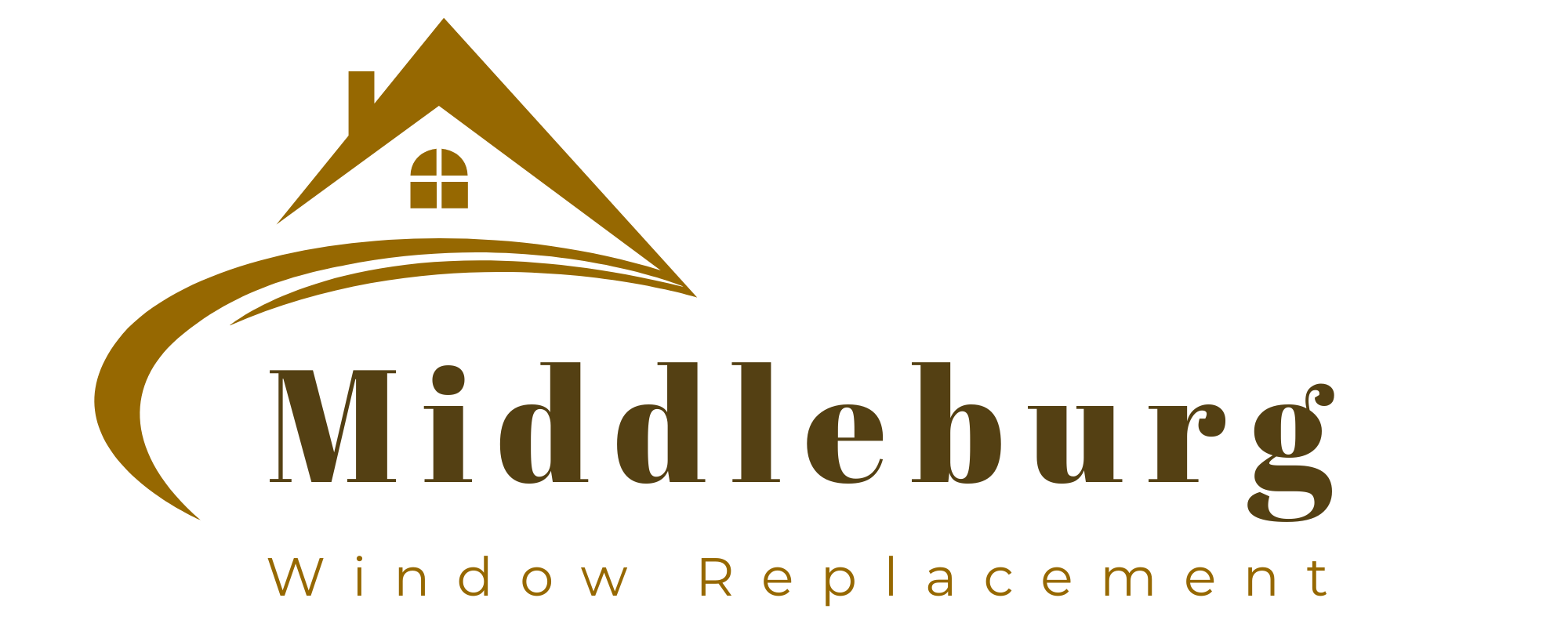
Are you searching for a window style that is both functional and stylish? Look no further than casement windows. They are ideal for living rooms, kitchens, and studies.
If you are looking for energy efficiency, look for windows that are Energy Star-certified. This will help you save money on energy costs in both hot summers and chilly winters.
Versatility
With casement windows, you can open the window wide to allow in a lot of air without much inconvenience or stretching. This window style also provides excellent insulation, making it one of the most energy-efficient choices for residential windows.
Unlike single hung or double hung windows that operate by sliding along a track, casement windows pivot open on side-mounted hinges. This allows for a full opening that’s easy to operate with just the turn of a handle. It’s ideal for locations where you want ample ventilation, like over the kitchen sink.
They also have a sleek window frame that blends well with any home’s design. And they come in a range of sizes to meet any need. Plus, you can pair them with awning and picture windows to create a beautiful bay window. The durable frames and perfect seal technology of these windows can help you save on energy costs while protecting your home against intruders, direct sunlight, and harsh weather.
Ventilation
If you want a window that allows for ventilation without sacrificing the unobstructed views of other windows, consider a casement window. This style of window opens outward by using a single crank handle, opening it to an angled position that catches and funnels fresh air into your home.
Compared to other types of operable windows, casement windows allow for more space to open due to their hinged design. This makes them ideal for hard-to-reach areas like above the sink. Additionally, they have minimal frame lines to prevent visual obstructions.
Moreover, the tight seals of this type of window prevent drafts and air leakage, helping you save on energy costs. To further maximize the energy efficiency of this type of window, choose a model with Low-E glass and Argon gas filling. This helps to keep your home warm during winter and cool during summer. This is why these windows are a great choice for homes located in areas with hot or cold climates.
Durability
If you have a room that is exposed to the elements, casement windows will help to protect it. They’re designed to fortify your home against strong straight-line winds and hurricanes. Their angled opening can catch the breeze and funnel it into your living spaces for ample ventilation.
In addition, they’re easy to open and close. They also feature low sight lines and minimal obstructions for a wide view of the outdoors. This makes them a great option for rooms like the kitchen and bathroom where you want more ventilation without taking up space with a door or curtain wall.
Many Middleburg window replacement companies offer durable casement windows in various materials, including aluminum and fiberglass. Composite options are another popular choice for their durability and energy efficiency. Many also come with features like argon gas filling and Low-E glass. These options will insulate your home and lower your energy costs all year round.
Energy Efficiency
Unlike sliding windows, which have gaps in their frames that allow air to escape during opening and closing motions, casement windows boast tight seals around all four sides. This is especially helpful during the winter when you rely more on your heating system to stay warm.
The tight seals also prevent the transfer of damaging UV rays into your home, which can cause damage to your furniture, flooring and carpeting. You can further boost the thermal efficiency of your casement windows by choosing a glazing option that includes argon gas, which improves their R-value.
A window installation contractor can help you determine what casement windows will best suit your needs, and which features will provide the most benefits for your budget. The cost of your project will depend on the frame material, glass coatings and customization options you choose. Vinyl, aluminum and wood are the most common frame materials for casement windows. Fiberglass and composite frames offer additional durability and insulation for a higher price tag.
